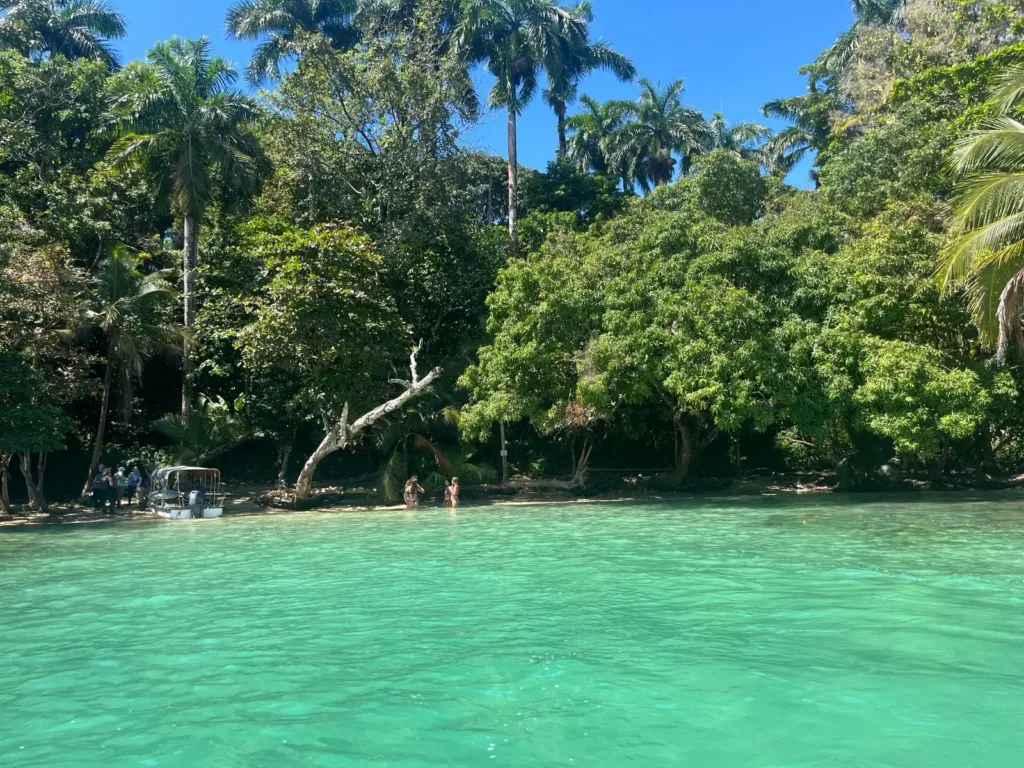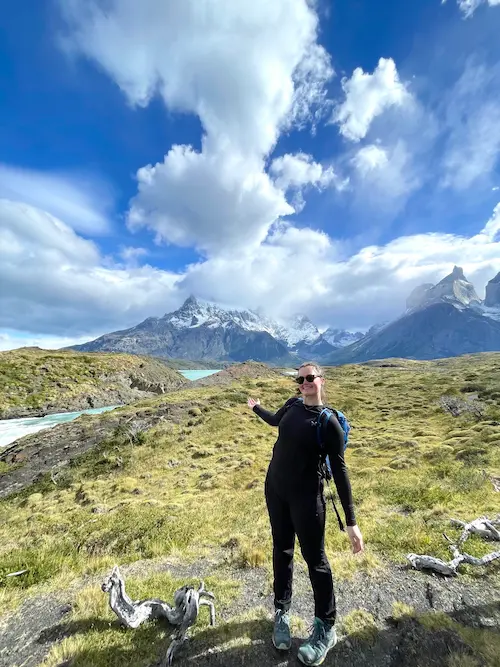Looking for Zebras
After successfully finishing all of our exams we have reached the long-awaited Directed Research (DR) portion of our program. The past 9 days were spent out in the field all day long collecting data for our different projects. And it has been a blast! Though the days are quite long and very busy with field work, I have had a lot of fun doing research. Before the field work began, we were divided into three DR groups. The environmental policy groups have been conducting interviews on topics related to beekeeping and wildlife management areas. The wildlife ecology group is studying elephants, plant-elephant interactions, the plants eaten by the Maasai, the presence of rabies, and also wild dog populations. Lastly, the wildlife management group is divided into walking transects of the wildlife corridor, studying tick species on livestock, and experiments on zebra behavior.
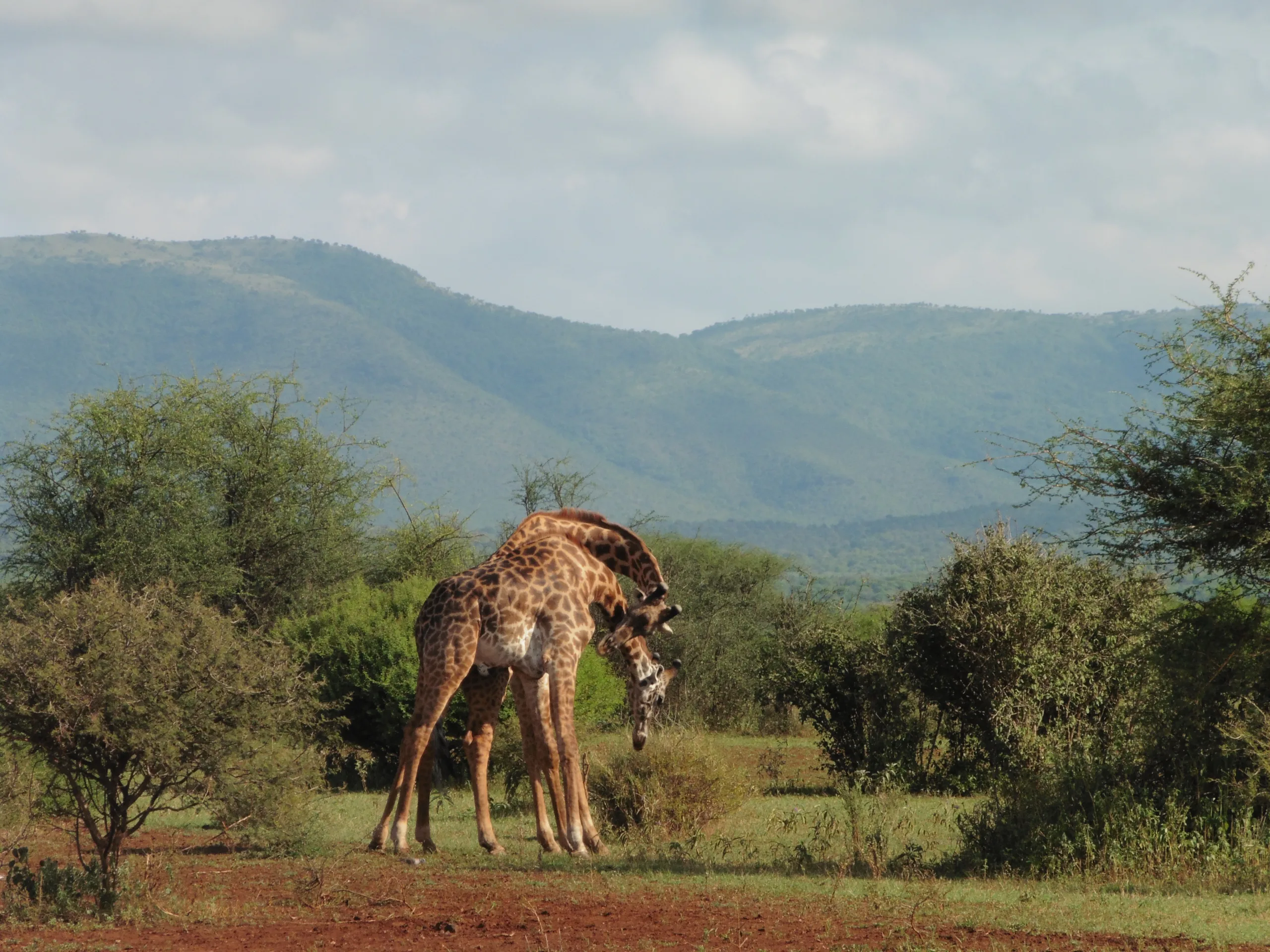
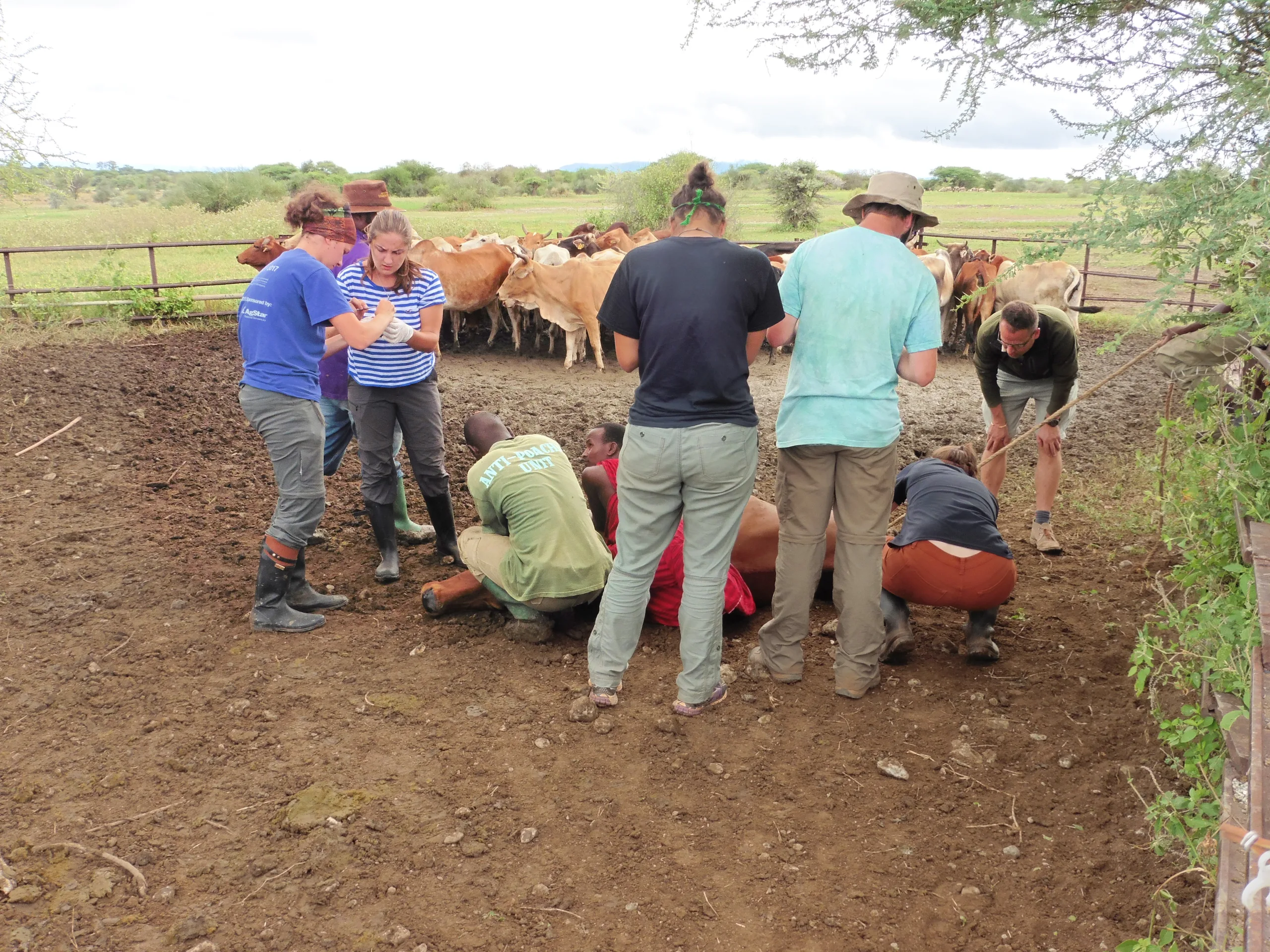
I am a member of the wildlife management group and am working on the zebra behavior project. I love working on this project! Each day begins with a drive out to Manyara Ranch where we drop off the tick group to work on the ranch livestock. We then pick up our ranger and drive around the ranch looking for herds of zebra. The scenery is beautiful and we get to see so many other wildlife species too! We have seen giraffes necking, large groups of elephants, and shyer species such as lesser kudu, eland, and even a gerenuk!
But the most exciting part is when we spot zebras. Every time we come across a herd we switch between mine and another student’s projects. I am studying the flight initiation distance in zebras. This means that I get to walk on foot towards the zebra and measure at what distance from me they flee. It is such an exciting project! I feel very lucky to be doing this kind of field work in such an amazingly beautiful place. The other student’s project is a lot of fun too. We play lion roar playbacks to observe how vigilant they are in response and compare it to a control sound of just a fish eagle as well as to when there is no sound played. We are also looking at how the presence of other species near zebras affects their behavior in these experiments.
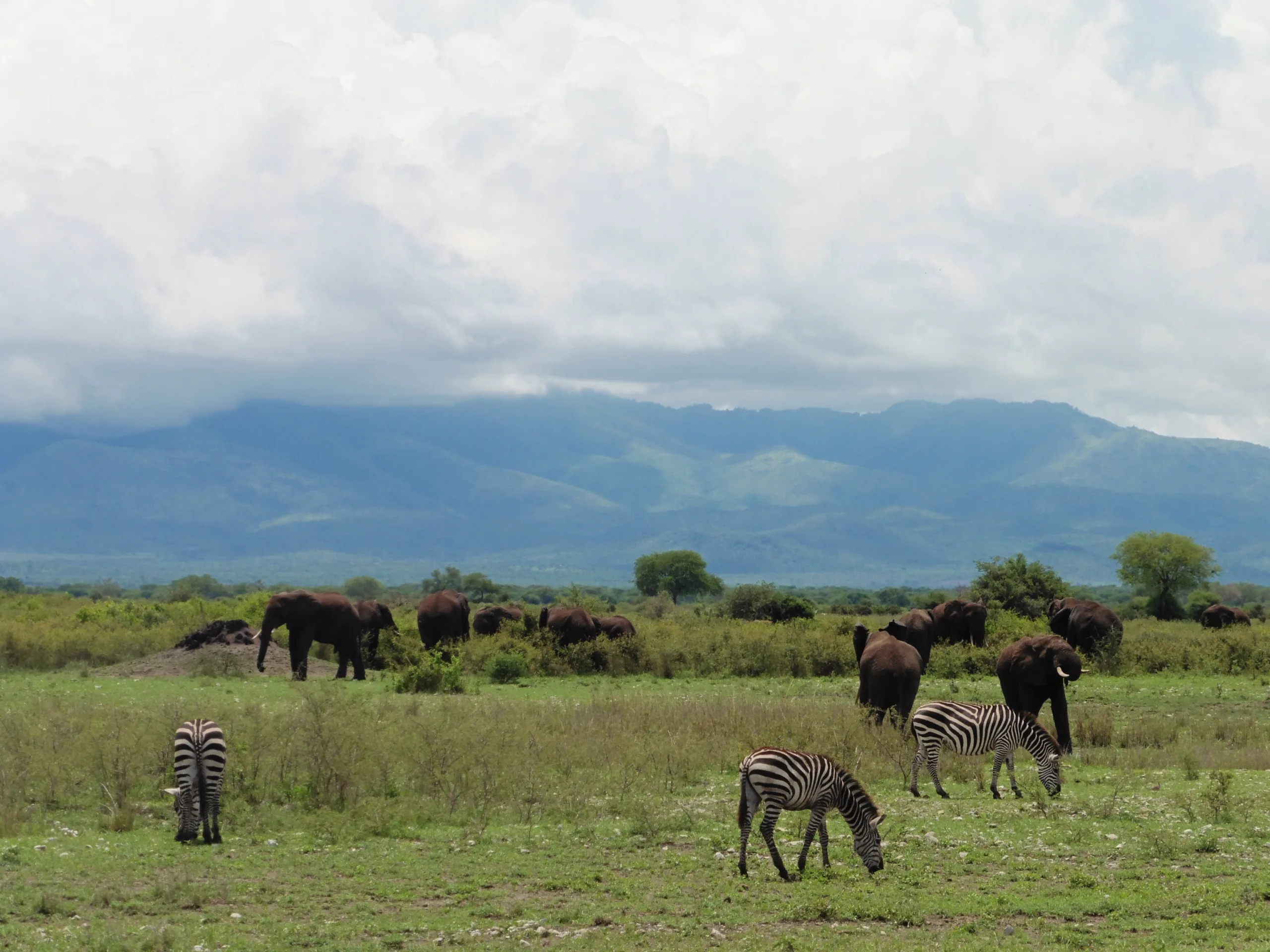
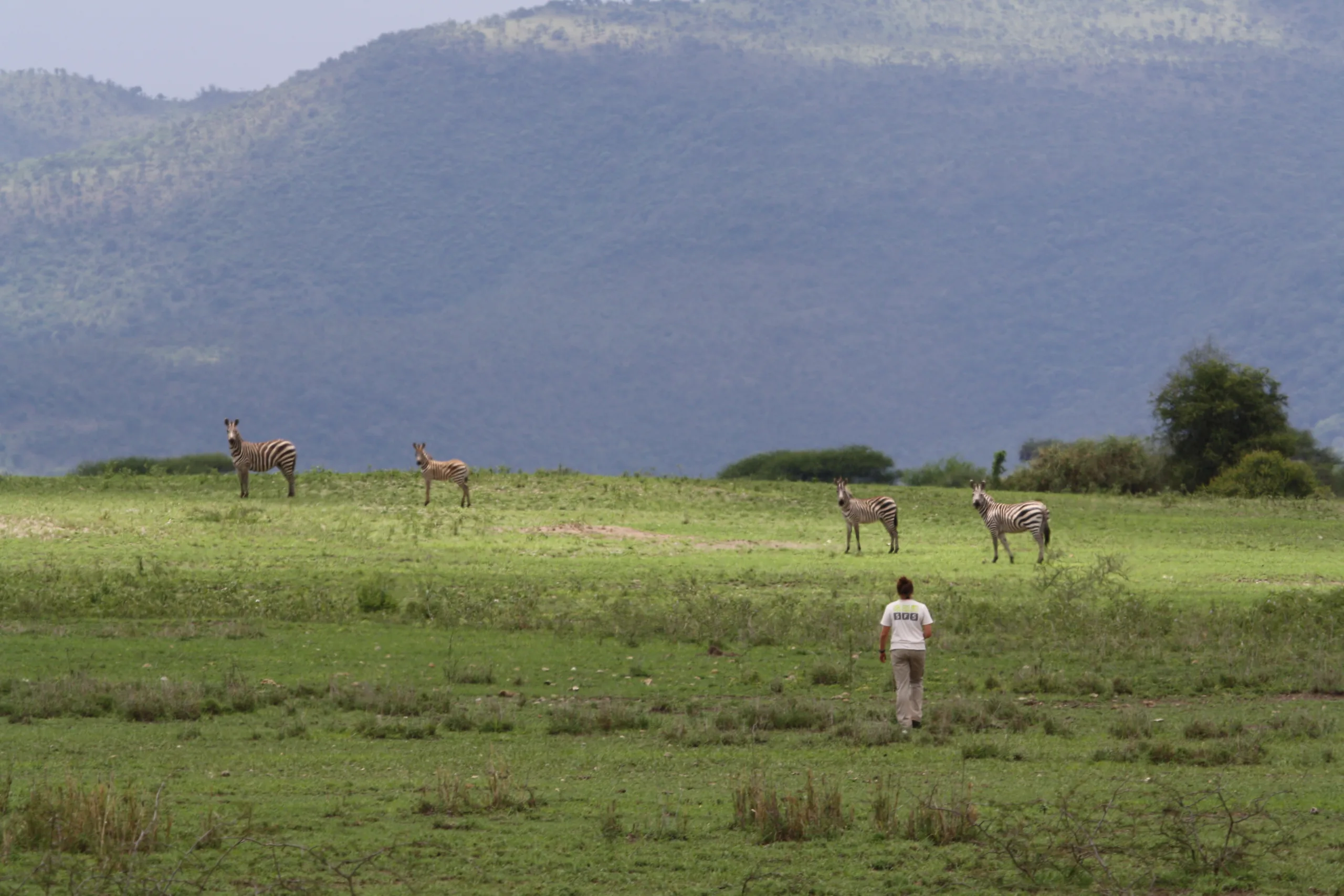
Throughout DR, I have learned a lot about field research and what it means to be a scientist studying wildlife. We have experienced the difficulties of field work, such as waiting for the rain to stop or getting stuck in the mud, but we have also experienced all the joys as well. I’ve realized how rewarding field work can truly be. At the end of the day, I love hearing everyone’s stories of what they experienced. Now, I can’t believe that our data collection is nearly over. I’ll be sad when I no longer get to spend my days looking for zebras in Manyara Ranch. However, I am eager to see what kind of exciting results we all get for our projects!
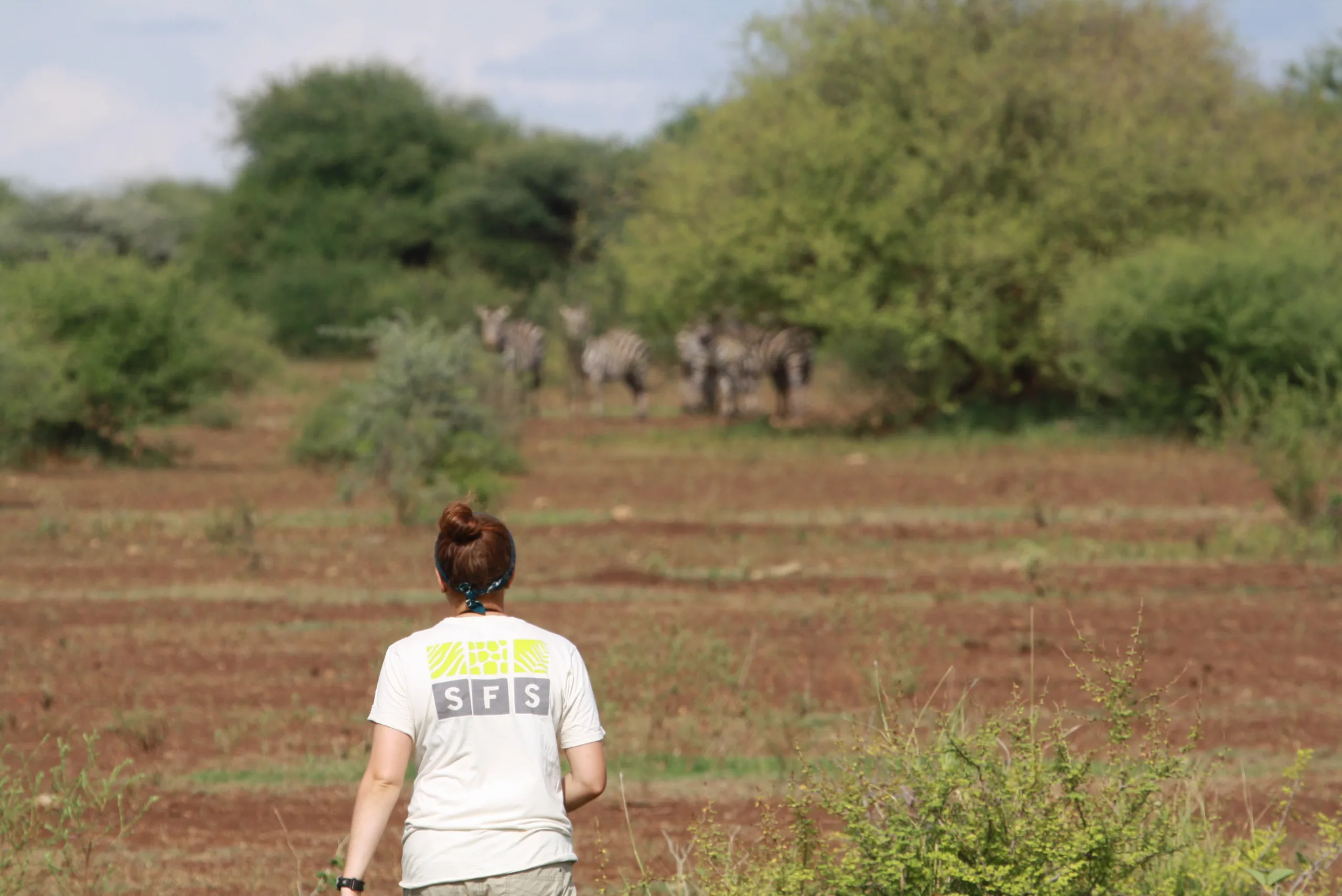
Related Posts

